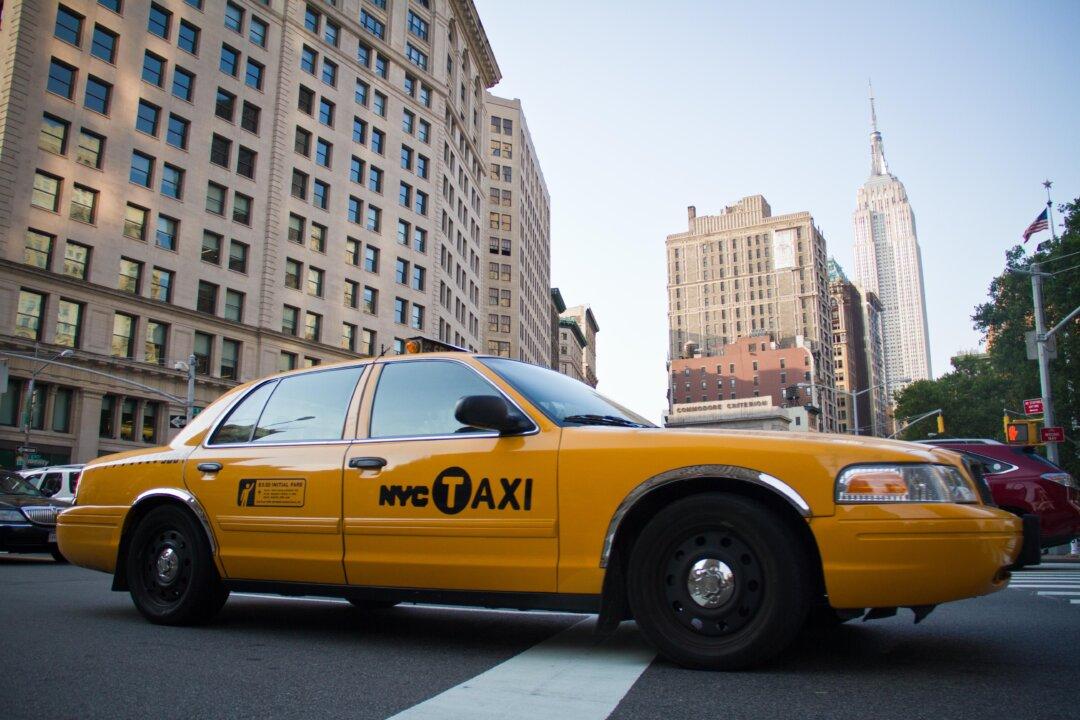In the wake of a tragic shooting at a Santa Fe school, NFL star J.J. Watt offered to pay for the funerals of the victims. Football fans will not be surprised by this gesture. Watt is even more prolific at helping those in need, from large donations and fundraising campaigns to spending time with children in hospitals, than he is at intimidating opposing offenses from his place on the Houston Texans’ defensive line.
I’ll confess that in the past, I’ve scoffed at Watt’s seemingly unending community involvement, though my reaction was more to what I saw as the media using his good acts to tug at peoples’ heartstrings. Either way, I was wrong.





